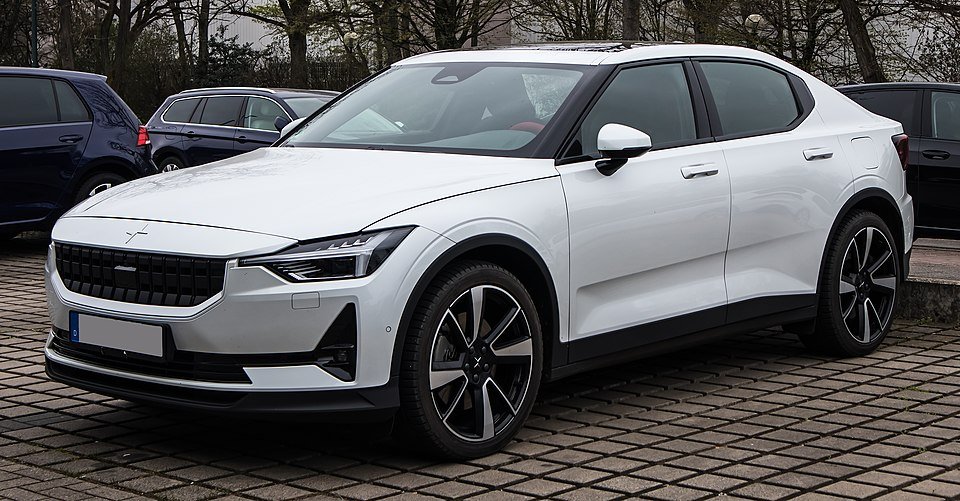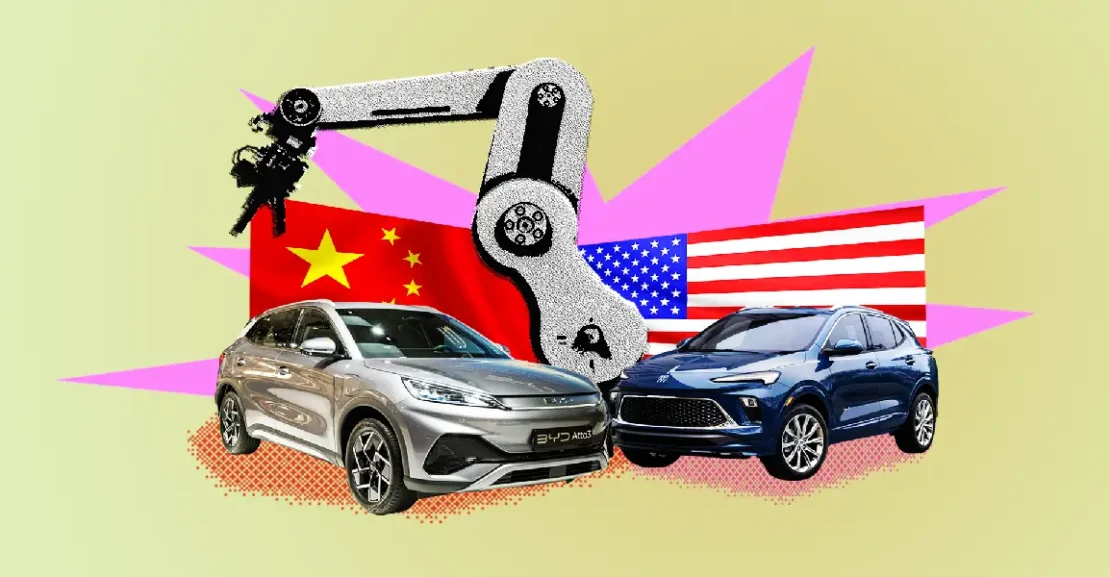Yes, Chinese cars are legal in the U.S., but they must meet federal and state safety, emissions, and registration requirements before being driven on American roads. While not all models are officially sold through dealerships, many are imported or available through private channels, as long as they comply with NHTSA (National Highway Traffic Safety Administration) and EPA (Environmental Protection Agency) standards.
Here’s a comprehensive guide on whether Chinese cars are legal to drive in the U.S. and what you need to know.
1. Overview of Chinese Cars in the U.S.
Chinese car brands like BYD, Haval, Geely, Chery, and Wuling are becoming more common in the U.S. market, though official dealership presence is limited. Most are imported through third-party sellers or private buyers who bring them from other countries or online platforms.
However, driving a Chinese car in the U.S. legally requires compliance with U.S. regulations.

2. Legal Requirements for Driving Chinese Cars
To drive a Chinese car in the U.S., it must:
- Pass NHTSA safety inspections
- Meet EPA emissions standards
- Have a valid VIN (Vehicle Identification Number)
- Be registered with your state DMV
- Have proper insurance and title documentation
Many non-approved models may require modifications to be legally driven.

3. Are All Chinese Cars Legal?
Not all Chinese cars are legal in the U.S. Some models face restrictions due to:
- Lack of certification – Not meeting U.S. safety and emissions standards
- Import restrictions – Some models are not allowed without modifications
- No official U.S. dealership support
- Limited availability through authorized channels
However, some models are now being imported and approved for sale in select states.
4. Popular Chinese Cars That Are Legal in the U.S.
While few Chinese models are officially sold in the U.S., some have been imported and driven legally:
- BYD Tang EV – A high-performance electric SUV that has been imported and driven in certain states
- Geely Emgrand – Some models are available through private importers
- Haval H5 / H6 – Occasionally imported and used by enthusiasts
- Chery Tiggo 7 Pro – Available through online marketplaces
- Wuling Hongguang Mini EV – Sold as a low-speed vehicle in some areas
These models often require additional steps to be registered and driven legally.

5. Challenges of Driving Chinese Cars in the U.S.
Despite their legality, there are potential challenges when driving Chinese cars in the U.S.:
- Limited warranty and service support
- Fewer local dealerships and parts availability
- Higher costs for import taxes, shipping, and compliance
- Resale value may be lower than traditional brands
- Regulatory hurdles for non-approved models
However, with proper documentation and compliance, many Chinese cars can be driven legally in the U.S.
FAQs
Q1: Are Chinese cars legal in the U.S.?
A1: Yes—provided they meet NHTSA and EPA requirements.
Q2: Can I buy a Chinese car in the U.S.?
A2: Yes—through imports, online platforms, or private sales.
Q3: Are Chinese cars safe to drive in the U.S.?
A3: Many models are safe and reliable, but older or unverified cars may require upgrades to meet U.S. standards.
Conclusion
Chinese cars are legal in the U.S. if they meet regulatory requirements, but not all models are available through official channels. With proper compliance, they can be a cost-effective and efficient option for drivers looking for value and innovation.

